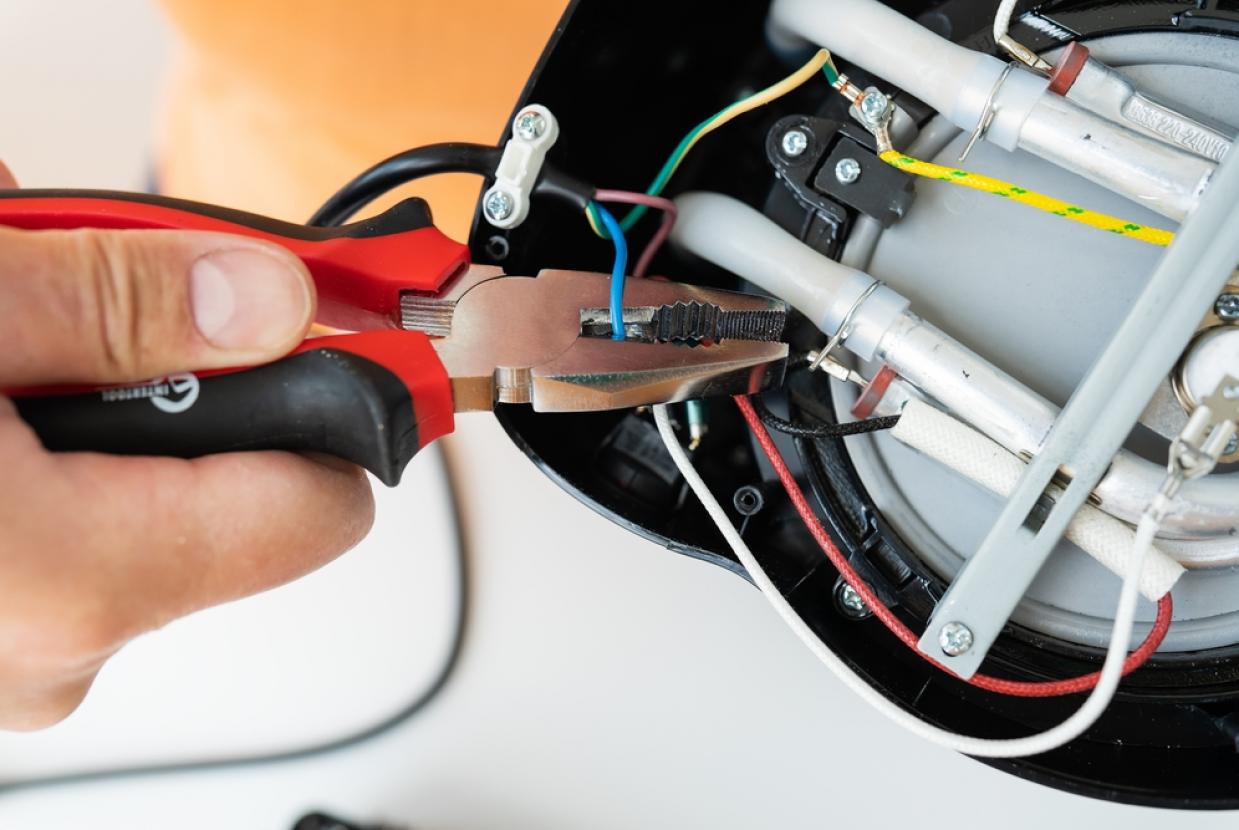Dealing With Debts After Graduation
Managing Your MoneyGraduates can sometimes leave university with considerable amounts of debt, from your student loan, your overdraft and any other credit products. This guide aims to help you decide the payments to tackle first, and other money issues you might have around finishing university.
Leaving university
If you’re moving away from where you lived at university, there are a few things to think about. Many students will end their tenancy at a rental property after they finish their studies. Make sure you do all that you can to get your deposit back, as the money could help you move into your next home or support you while you look for work.
Settle your bills
Many universities won’t allow you to graduate if you have outstanding library fines, so make sure you pay them off. It’s important to make sure you don’t have anything left to pay towards accommodation costs, including your utility bills. Unpaid bills can hurt your credit rating.
If you want to qualify for the most competitive loan and credit card rates, you need a good credit score. Speak to your landlord about getting your deposit back at the end of your tenancy.
Making good choices as you get your first graduate job
When you’re going through life changes such as starting a new job, it’s a good idea to get into money habits that can help you for the rest of your life:
- set money aside to reach savings goals, such as a new car or a holiday
- stay on top of daily spending habits, such as buying coffee or regular takeaways, and you could reach your financial goals quicker
- start paying into a pension scheme as soon as possible. This can make a big difference to the amount of money you have when you retire.
Paying back your student loan
Once you start earning a certain amount of money, your student loans are repaid automatically through the tax system. Deductions should stop once you’ve paid off your student loan. If they haven’t stopped and you think you’ve overpaid, get in touch with the Student Loans Company for a refund.
Interest will be charged on the outstanding debt, but you only have to make repayments once you begin earning enough. As a graduate, you don’t have to start paying back your student loan until:
- the April after you leave your course, or
- the April 4 years after the course started, if you’re studying part-time.
It might be even longer if you're out of work or don’t earn above the minimum earning threshold which changes each year. If something unexpected happens, such as losing your job, your repayments will stop until your income reaches the threshold again.
Unlike other debts, your repayments are in line with your income, and if your pay drops below the threshold your repayments will stop. This is why you shouldn’t prioritise paying your student loan over your overdraft or credit cards.
Student loans do not go on credit files, but if you're getting a big loan like a mortgage the company might ask if you have one so they can take that into account.
How the self-employed repay student loans
Unlike other loans, you’ll usually repay your student loan directly from your payslip, in a similar way to how you pay income tax.
For the self-employed, this is done when you submit your Self Assessment tax return at the end of each tax year, you calculate your earnings and what you owe in tax and student loan repayments, and then send it to HMRC. You’ll also fill one out if you have self-employed income on top of your normal PAYE earnings.
Consider switching to a graduate account
Once you leave university or college, you have the choice to keep your student account or switch to a graduate account.
You don’t have to stay with the same bank, so it’s worth shopping around for a better deal. Your first step is to switch to a graduate account to give you time to repay your student overdraft.
Find out how long your bank will give you to repay your overdraft and when the authorised limit will be reduced. In most cases, your overdraft allowance reduces slightly every year.
Use this as an opportunity to rebalance your budget after you graduate. Once you’ve paid off your student overdraft, you can switch to an account that offers a switching bonus or better interest for savings.
Prioritise overdraft and credit card debts
Allocate some of your income to start reducing high-interest debts from student credit cards, bank loans and your overdraft.
Although your overdraft was likely to have been fee free while you were studying, this interest free period will come to an end. It’s a good idea to pay it off as soon as you can to avoid big interest payments later. A standard current account overdraft interest is often as high as 40%, which is a significantly higher than a typical rate for a personal loan.
On any other debts like credit cards or buy now pay later, make at least the minimum repayments and ensure you don’t miss any instalments. If you do, it could hurt your credit rating and ability to borrow for a home or car in future.













































